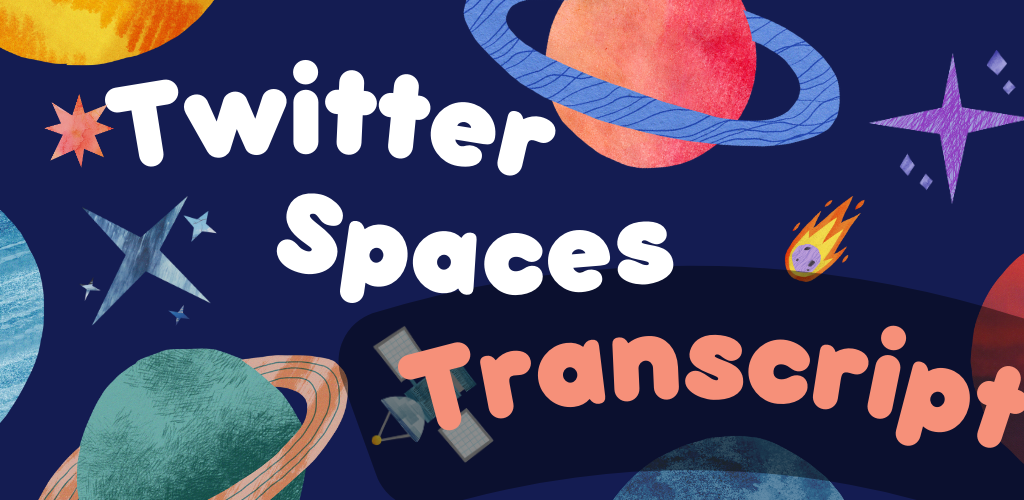See all Josh Hellman transcripts on Twitterspaces

Innovators Think Tank #9 🧠💭
4 hours 30 minutes
🇬🇧 English
Summaries Topics Transcript Chapters Titles Socials Twitter Blog Post Newsletter Quotes Quizzes Ask ChatGPT

Omnivision Solutions Ltd

4 hours 30 minutes
🇬🇧 English

Omnivision Solutions Ltd